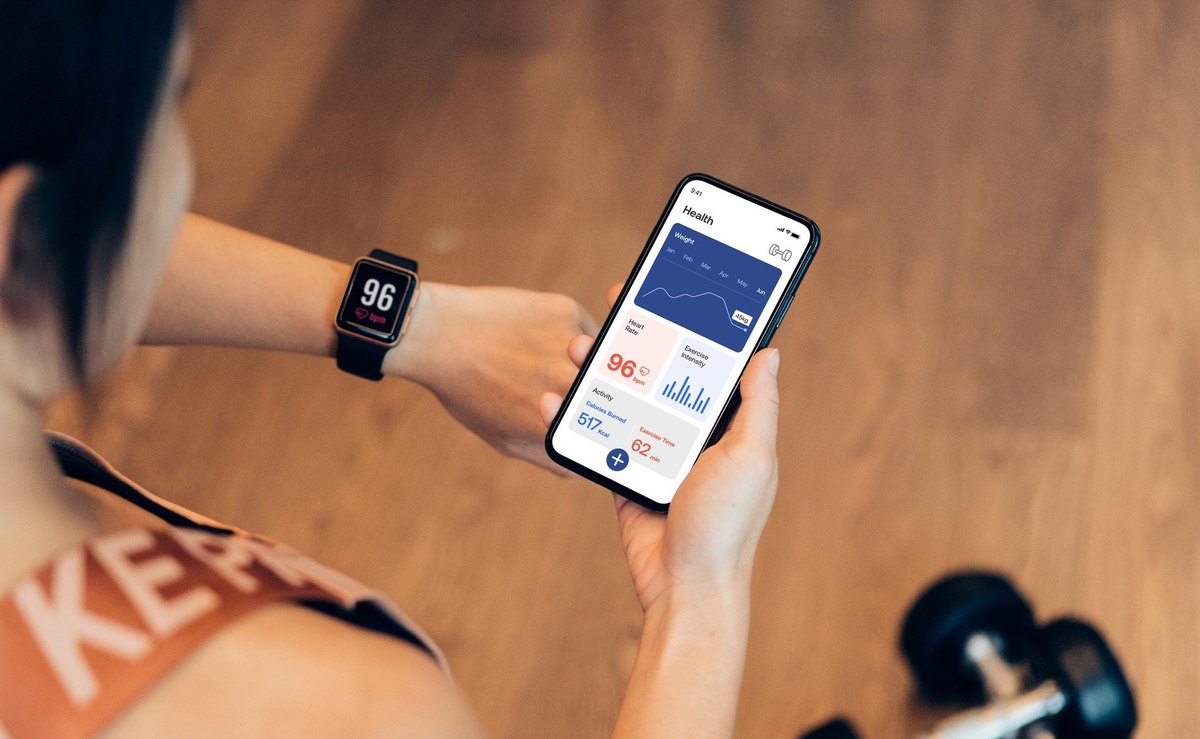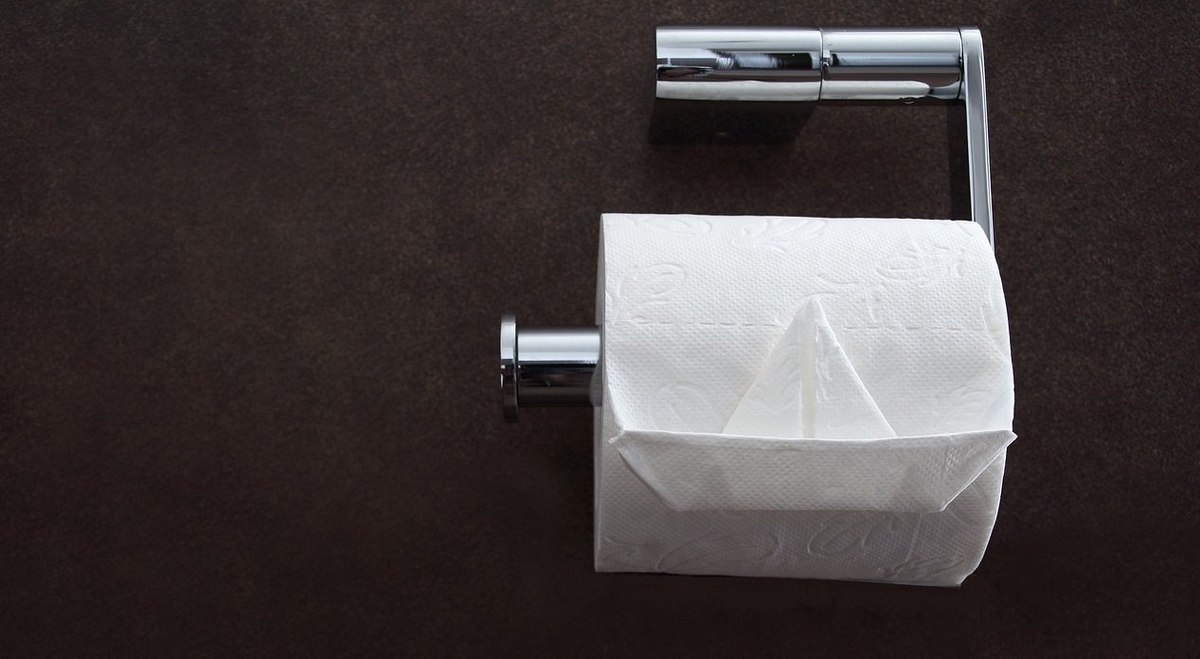
32% of US adults engage in daily self-care practices
In anticipation of International Self-Care Day on July 24th, YouGov conducted a survey among US adults to understand their self-care practices and motivations.
The survey revealed that nearly a third (32%) of US consumers engage in self-care activities every day. Additionally, a substantial portion (43%) reported practicing self-care at least once a week, demonstrating a regular focus on maintaining their health.
Popular self-care activities
Among those who practice self-care, spending time with family and friends emerges as the most popular choice, with 58% of respondents incorporating it into their well-being practices. Reading (55%) and eating healthily (48%) follow closely, suggesting a focus on social connection, intellectual stimulation, and physical health. Getting regular exercise (43%) and walking in nature (43%) also ranked highly, emphasizing the importance of physical activity and spending time outdoors.
While shopping (36%) offers a potential avenue for stress relief or mood-boosting, it fell behind more traditional self-care practices.
Interestingly, activities traditionally associated with self-care, such as meditation (22%) and journaling (11%), are not as popular.
The survey also indicates gender variations in self-care routines. Women were more likely to prioritize spending time with family and friends (65%), and reading (60%) compared to men (51% and 50% respectively).
Motivations for self-care
The top reasons cited by respondents are improving physical health (53%), managing stress (52%), and enhancing mental and emotional well-being (50%). Additional motivators include increasing energy levels (36%), lowering the risk of illness (34%) and boosting self-esteem and self-worth (31%), with roughly a third selecting these as reasons.
Further analysis reveals women were more likely to prioritize self-care to enhance their mental and emotional well-being (56%) and manage stress (57%). Improving physical health remains a shared motivator for both men (55%) and women (52%).
Around a quarter of men and women practice self-care to prevent burn-out (26% each) and increase productivity and focus (25% men and 26% women).
Benefits of self-care
The survey also explored the perceived benefits of self-care practices. Reduced stress (49%) emerges as the most significant reported benefit, followed by improved physical health (42%) and enhanced mental and emotional well-being (41%). Other reported benefits included increased energy levels (32%), a greater sense of purpose (21%), and improved relationships (24%).
Explore our living data – for free
Discover more health and pharma content here
Want to run your own research? Run a survey now
Make smarter business decisions with better intelligence. Understand exactly what your audience is thinking by leveraging our panel of 26 million+ members. Speak with us today.
Methodology: YouGov Surveys: Serviced provides quick survey results from nationally representative or targeted audiences in multiple markets. This study was conducted online on July 12-14, 2024, with a nationally representative sample of 1,199 adults in US (aged 18+ years), using a questionnaire designed by YouGov. Data figures have been weighted by age, gender, education, social grade and region to be representative of all adults. Learn more about YouGov Surveys: Serviced.
Image: Getty Images

































